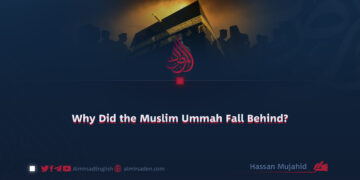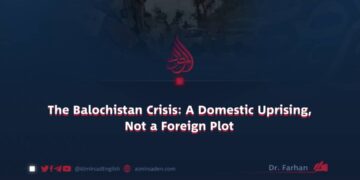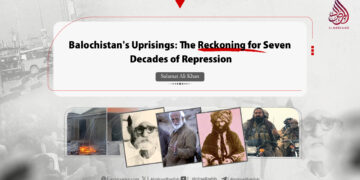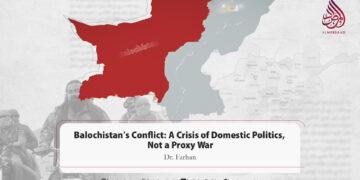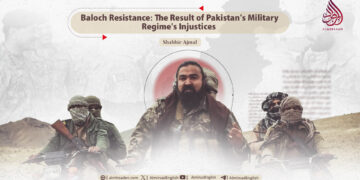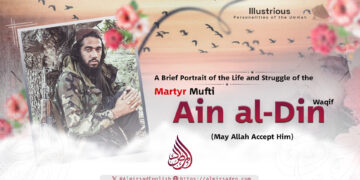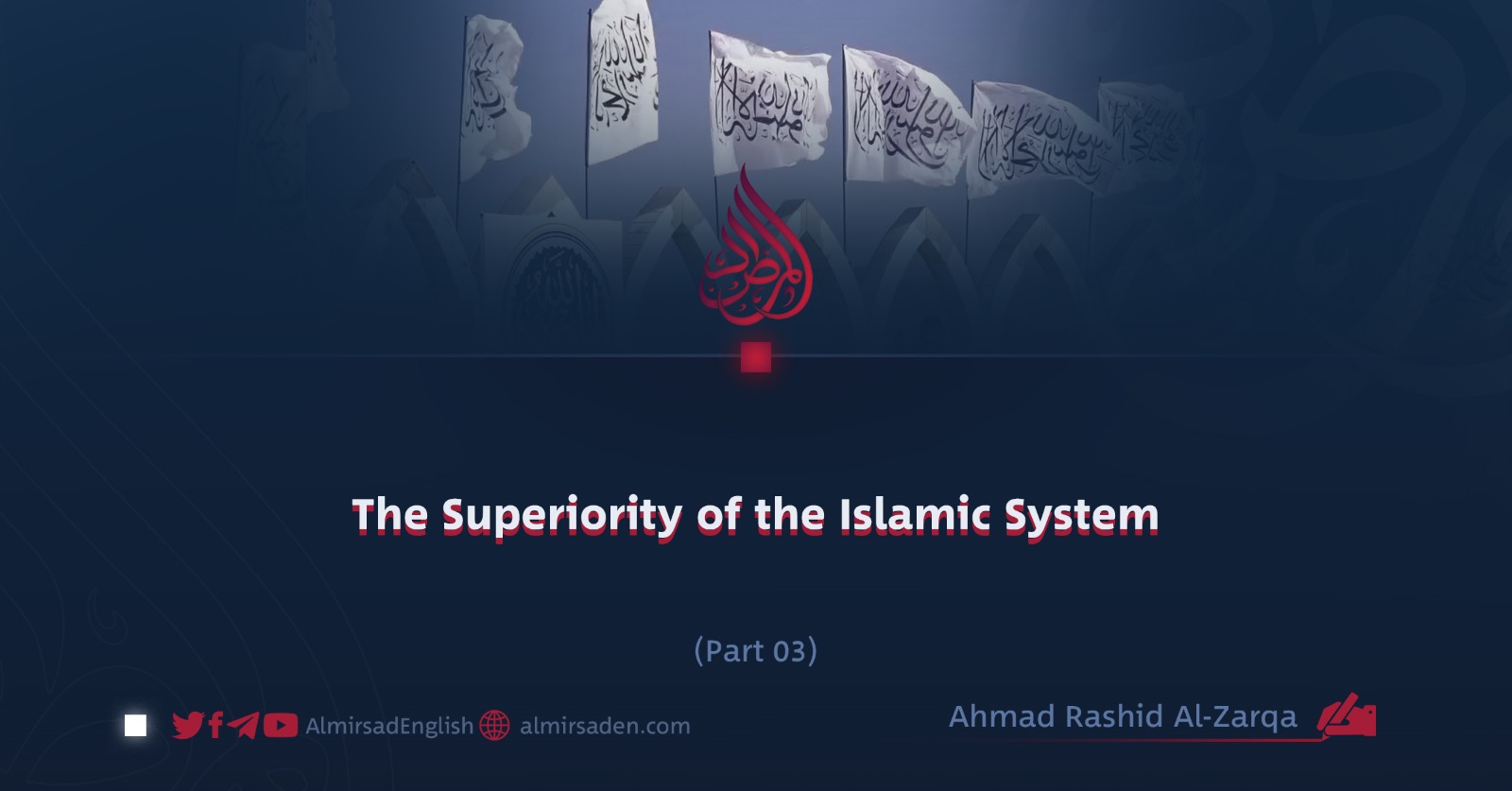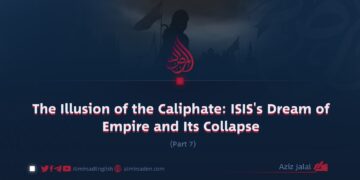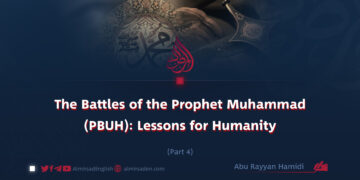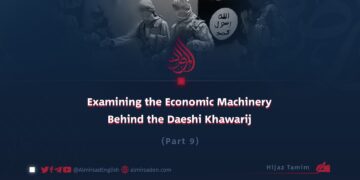Part 3
By: Ahmad Rashid Al-Zarqa
As we continue this series on the merits of the Islamic system, we highlight several additional and vital characteristics that distinguish it from all man-made alternatives:
2. Freedom from Discrepancy, Deficiency, and Contradiction
The Islamic system, being a divinely revealed order, is inherently free from all forms of imperfection, contradiction, and inconsistency. This is because its Founder and Legislator is the Perfect and Absolute Being, Allah the Exalted. The perfection of the Lawgiver necessitates the perfection of His law. Unlike man-made systems, which are the result of limited and fallible human intellect, the Islamic system is flawless and consistent in all its dimensions.
Allah the Almighty declares in the Noble Qur’an:
“And if it had been from other than Allah, they would have found within it much contradiction.”
(Surah An-Nisa, 4:82)
Democracy, socialism, and other human-devised ideologies are based on intellectual constructs that are inevitably subject to conflict, revision, and contradiction. In contrast, Islamic law originates from divine revelation and is therefore perfect, stable, and internally coherent.
3. A System of Respect, Obedience, and Trust
Once a believer internalizes that the Islamic system is from Allah, he views obedience to it as a form of worship and recognizes that opposition to it leads to divine displeasure. Islam places great emphasis on the obligation of obeying those in authority (Ulu l-Amr) and prohibits rebellion or disobedience against them.
Allah, Exalted is He, commands in the Qur’an:
“O you who believe! Obey Allah and obey the Messenger and those in authority among you.”
(Surah An-Nisa, 4:59)
Commenting on this verse, the distinguished scholar Dr. Abd al-Karīm writes in his book Maqāṣid al-Qur’ān min tashrī’ al-aḥkām:
“This verse refers to the obligation of obeying those in authority, namely, the rulers among the Muslims. Likewise, all verses that command obedience to the Messenger (PBUH) do so in his capacity as the leader of the Muslim community.”
The Prophet Muhammad (PBUH) emphasized this in a hadith recorded by al-Bukhari:
“Listen and obey, even if a slave is appointed over you.”
(Sahih al-Bukhari)
This deep-rooted respect for authority under divine command fosters trust, order, and unity within an Islamic society.
4. A Means of Liberation from Bondage and Oppression
The Islamic system is not only superior to all man-made ideologies but is also the true path to liberation. It frees humanity from the shackles of man-made authority by placing them under the divine authority of Allah. It is a system based on revelation, not experimentation. It is built on divine command, not human speculation.
Allah the Exalted says:
“Is it the judgment of [the time of] ignorance they desire? But who is better than Allah in judgment for a people who are certain [in faith]?”
(Surah Al-Ma”idah, 5:50)
Secular ideologies such as socialism and democracy elevate human opinion as the ultimate source of legislation, making man the axis of law and governance. Islam, on the other hand, asserts that legislation is the exclusive right of Allah. Under divine law, humanity finds true freedom from various forms of intellectual, social, and political subjugation.
In conclusion, the Islamic system stands as a complete and just alternative to all forms of Jahili (ignorant) governance. It offers a trustworthy and balanced way of life that ensures success in both this world and the Hereafter. By contrast, man-made systems are riddled with injustice, discrimination, and corruption. The Islamic system, grounded in divine wisdom and mercy, is the only path to true justice and enduring salvation.






